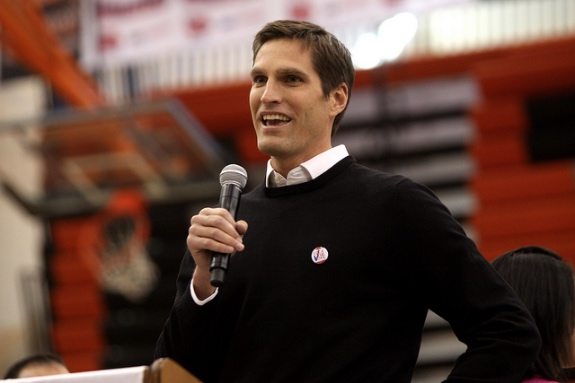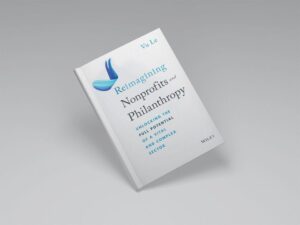
April 27, 2017; Salt Lake Tribune
There are many kinds of nonprofit boards, and some are, let’s face it, more effective than others—and less angst-filled. And, as we recently discussed at the UMKC Midwest Center for Nonprofit Leadership’s biennial Nonprofit Governance Conference, there is less knowledge than there should be about what kinds of problems and strengths come with what kinds of boards. We will try to change that with our colleagues from that conference over the next year, but in the meantime, here is a story that’s typical of some kinds of highly politicized boards.
In Utah, where a decision has evidently been made to bring together all homeless services under one “collective impact” umbrella, the “squabbling” over available board seats at Shelter the Homeless has come to the attention of the local press. There are four open spots available on what will be an expanded 15-member board.
[Salt Lake County Mayor Ben] McAdams said up until now there’s been “no formal mechanism” for coordination and collaboration between the city, state and county on homelessness issues—which is why the county’s Collective Impact on Homelessness Committee has called for a “backbone” organization to coordinate services and hold service providers accountable to goals in the future.
“We want to make sure we have the ability to shape the services to our (goals) set by Collective Impact,” McAdams said.
Sign up for our free newsletters
Subscribe to NPQ's newsletters to have our top stories delivered directly to your inbox.
By signing up, you agree to our privacy policy and terms of use, and to receive messages from NPQ and our partners.
The nonprofit will oversee a valleywide network of homeless services, including three new 200- to 300-bed shelters. They will also select the providers who will run those new shelters and presumably have influence in policy making in areas that affect homeless people.
The groups say the board should be made up of representatives of health care, philanthropy, faith-based organizations, housing developments, and the general business community. But among those who have expressed interest in those board seats is Josh Romney, developer son of Mitt Romney, who’s said to be an aspirant for the office of governor or senator. His association with the Pioneer Park Coalition, which pushed to close a shelter and a permanent homeless encampment in the area, has one community group speaking out. Tim Funk of Crossroads Urban Center says, “There are people in the city and in the county who are a hell of a lot more qualified, in any way, either personally or professionally, than Josh Romney ever would be.” And he is clearly not alone in that opinion.
In a March email obtained by the Tribune in response to a records request, Shaleane Gee, the county’s director of special projects, wrote to Salt Lake County Mayor Ben McAdams after a meeting that “the volume of personally negative emails/texts I get, especially from staff, whenever Josh Romney says anything at all is really disheartening. Most of it is very personal in nature.”
The paper also reports that a closed session discussion of the current board took up the topic of the appropriate role of elected officials on the board. These kinds of boards, where representatives come in to advocate for or represent a distinct group of stakeholders rather than to advocate for the mission as a whole, can be very tough creatures to get moving in a single cohesive direction.—Ruth McCambridge










